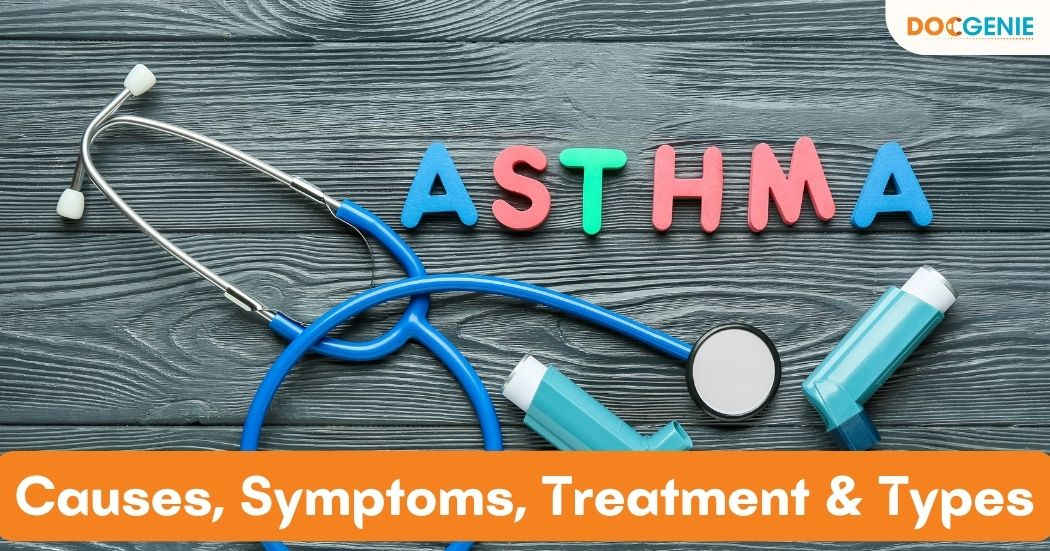What is Polypharmacy, why should it concern you?
3 min read
By DocGenie , Published on - 07 September 2020If you or a family member is taking 4 or more types of medicines then I encourage you to read through this post.
I see a lot of senior citizens in my practice and most of them take more than 4 kinds of medication on a daily basis. And sometimes, even 1 tablet could be a combination of as many as 3 or 4 different compounds.
There could be many reasons for this:
1. Multiple Health Issues The person has many problems like Diabetes, High Blood Pressure, Heart problems & Acidity, all of which are treated by different medicines.
2. Self Medication Patients sometimes get medicines from a chemist directly in order to avoid the hassle and cost of seeing a doctor, not realizing that the medicine could have a bad interaction with what they’re already taking.
3. Seeking Multiple Opinions They visit multiple specialists, who prescribe their own set of medicines, which again could result in interactions or duplication.
Common causes for polypharmacy
Some situations which increase the risk for medication-related errors are living alone, poor eyesight, very small print or similar sounding names of medication, combinations where an additional “A” or and “H” means a whole new medication, poorly educated house help/ GDAs – who manage medication for patients.
These steps could lead to problems or side-effects that could be due to the medicines themselves or in other words problems caused by polypharmacy. Here are some common ones I see in my practice:
- Confusion
- Falls
- Sleepiness
- Leg swelling
- Depression
- Walking difficulties
And a few dangerous ones like low blood sugar and low blood pressure
In the US, ADRs (Adverse Drug Reactions) or in simple terms, serious medication side-effects, rank as the 4-6th leading cause of death. ADRs rank very close to after heart disease, cancer, stroke, (pulmonary disease, and accidents).
Following are some tips to ensure medication safety:
1. Take all your bottles/strips/tablets for a Doctor visit and not just the prescription or a medication list.
2. If you’re taking tablets to your doctor make sure you take a complete strip with the name of the medication clearly visible
3. Do ask your Doctor about possible side-effects and interactions
4. Do not self medicate
5. Do not take what the neighbor is taking for a similar problem
6. If you are an adult with a senior citizen parent/in-law – ensure that Points 1-5 are followed. Additionally you could draw simple medication charts in large lettering for your parent or the house staff.
On our end, as doctors we need to try as far as possible to reduce and simplify an elderly patient’s medication list.
I suggest to not treat every new symptom with more medicines; instead, use digital resources to figure out drug interactions or uncommon side-effects that may not always be possible to remember.
Question every medication and do not assume something has to be taken just because that’s how it’s been for a long time.
Your keen sense of enquiry and an attitude of suspicion towards every medication would most certainly benefit your geriatric patient.
Author Details

Dr.Rachna Kucheria
MD (Community Medicine) AIIMS New Delhi
MD (Family Medicine) USC California
Obesity Medicine Certification The American Board of Obesity Medicine
30+ Years of experience


